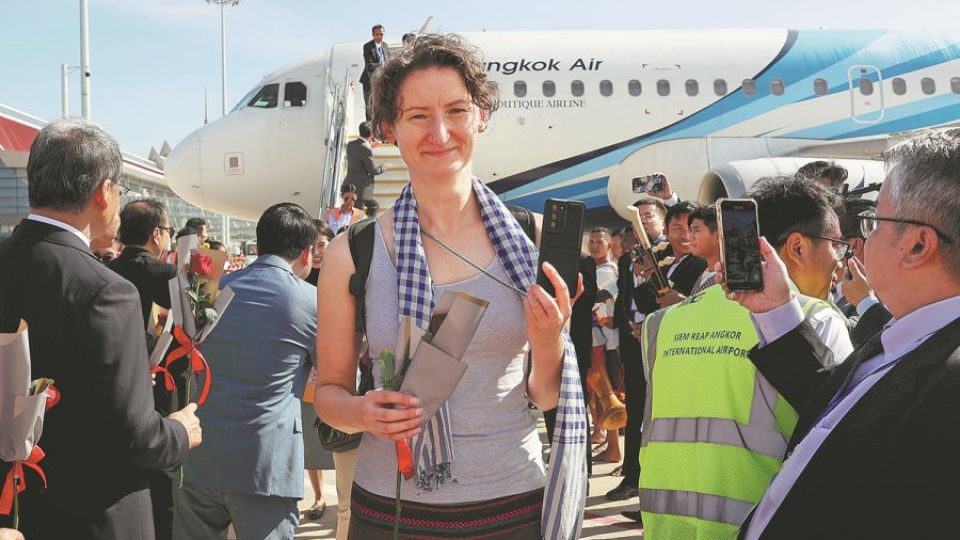October 18, 2023
BEIJING – The Chinese-invested Siem Reap-Angkor International Airport in Cambodia was put into commercial operation on Monday and is expected to become a major gateway to the world-renowned temples of Angkor.
The airport is the first overseas international airport delivered under the Build-Operate-Transfer model by Chinese enterprises. It has been invested in by an affiliate of China’s Yunnan Investment Holdings and is operated and managed by Yunnan Aviation Industry Investment Group.
The airport opened as China and Cambodia celebrate 65 years of diplomatic relations and China welcomes the 10th anniversary of the inception of the Belt and Road Initiative.
“The airport is expected to help promote Cambodia’s economic growth and social development. The completion of the airport has been an achievement of Cambodia’s national development strategy and the BRI, which bears a demonstrative significance,” said Yang Danzhi, a senior researcher of national security at Renmin University of China.
The first flight to arrive at the airport was operated by Bangkok Airways and departed from Bangkok.
The airport, bigger than Siem Reap’s older international airport, is about 40 kilometers from the Angkor temples. The design of the terminal imitates the traditional sloping roofs of Cambodian architecture, and its designed annual passenger throughput is 7 million, a significant rise from 2 million of the older airport, according to the local government.
Sokhom Pheakavanmony, secretary of state of the Ministry of Public Works and Transport of Cambodia, said the building of the new airport has been an achievement for the country. Its architecture suits the local style, and the operation of the airport is expected to attract more global travelers to Siem Reap.
The timing of the opening of the airport coincides with global air travel picking up after the subsidence of the COVID-19 pandemic.
Asia-Pacific airlines saw a 98.5 percent increase in passenger traffic in August compared to the same period last year, maintaining its lead over other regions globally. The capacity climbed 85.5 percent and the load factor increased by 5.5 percentage points to 84.2 percent, according to the International Air Transport Association.
“Heading into the last quarter of the year, the airline industry is nearly fully recovered to 2019 levels of demand,” said Willie Walsh, director general of the IATA.


